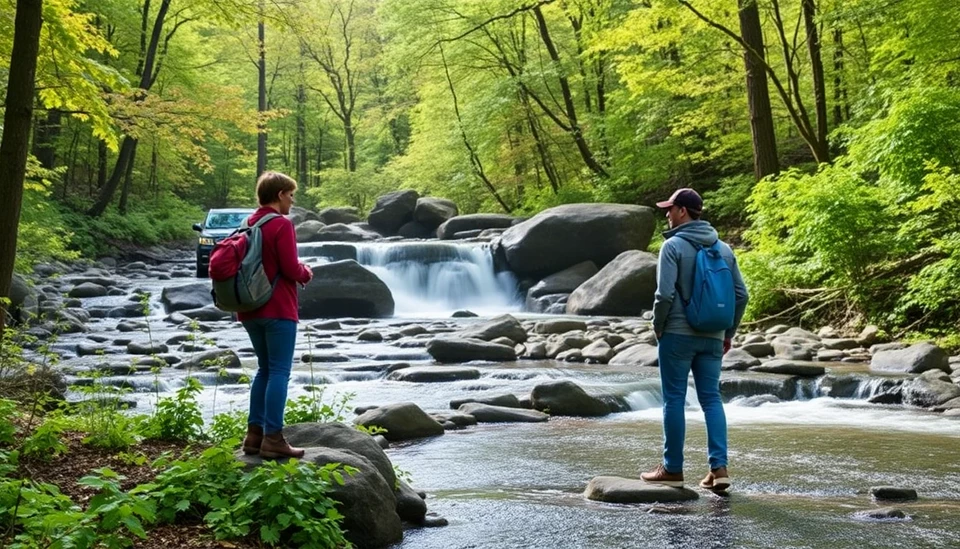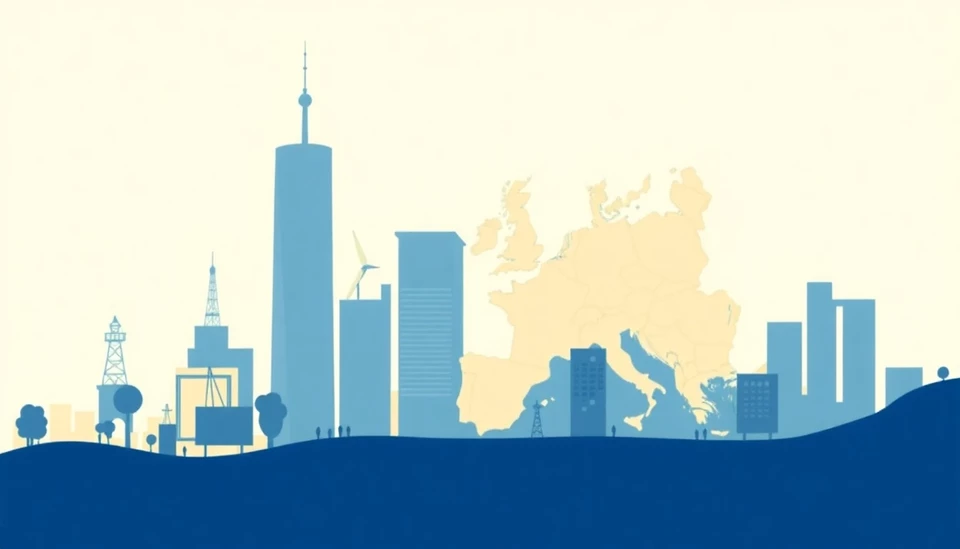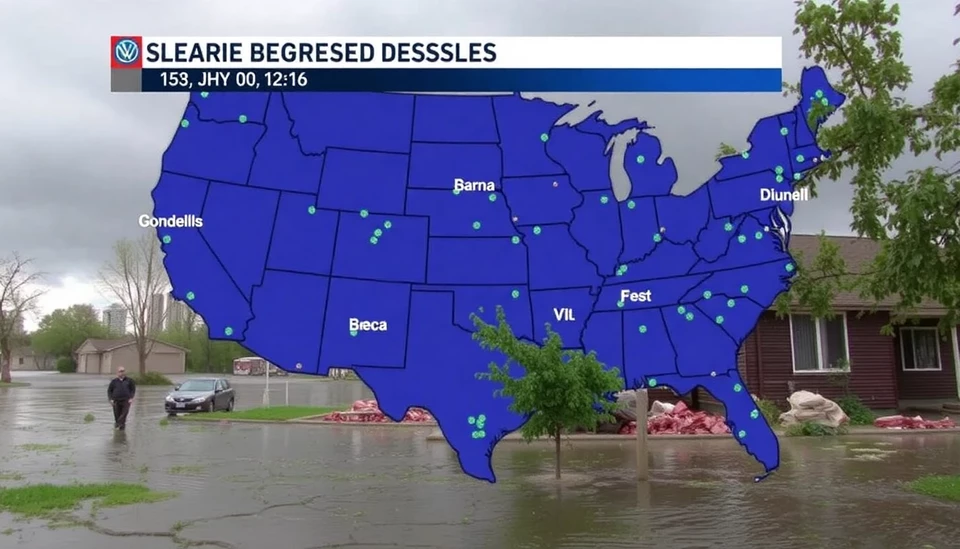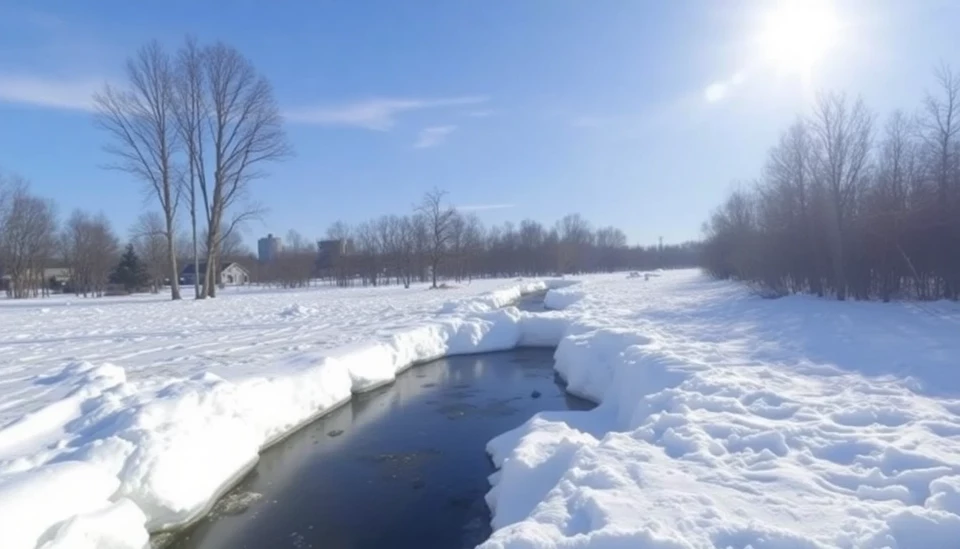
In a compelling examination of climate communication, the city of Asheville, North Carolina, serves as a microcosm of the broader struggle many regions are experiencing. As climate risks become increasingly evident, local governments and communities grapple with the challenge of conveying these threats effectively to engage and mobilize the public. The conversation around climate change in Asheville reflects the complexities involved, as mixed messages can lead to apathy rather than action.
The issue is not unique to Asheville; it's a nationwide struggle. Experts highlight the importance of clear communication when discussing climate threats, which can often be abstract or distant concepts for the general populace. In a community known for its strong advocacy for environmental issues, the confusion surrounding climate warnings can be particularly distressing. Residents express feelings of uncertainty, caught between government advisories and the actual realities they face, such as flooding, increasing temperatures, and severe storms.
Local officials have attempted to present a united front regarding climate strategies but have found it challenging to find a common language that resonates. This communication dilemma is exacerbated by the sheer complexity of climate science itself. Different agencies deliver varying messages, sometimes leading to misunderstandings. This makes it crucial for local leaders to establish a coherent narrative that can unify their efforts and rally community support.
One factor contributing to the muddled messages is the spectrum of climate risks that affect Asheville and its surroundings. While many residents are aware of the looming dangers such as rising sea levels and hotter summers, they often feel disconnected from the larger narrative. Community meetings and informational sessions have been organized to bridge this gap; however, the turnout has been mixed, indicating that many residents remain unconvinced or apathetic about the dangers presented.
Additionally, climate communications in Asheville highlight a deeper societal issue—the tendency to focus on long-term solutions rather than immediate threats. Many citizens find it difficult to relate to climate forecasts that span decades into the future. Short-term crises, like wildfires or heavy storms, grab headlines but fail to convey the slow-burning urgency of climate change. This short-sightedness hinders effective action, as people often prioritize their immediate needs over long-term environmental security.
To counter these communication challenges, community leaders are exploring innovative strategies and engaging with local organizations that specialize in effective messaging. Collaborations with scientists, artists, and educators aim to enhance the public's understanding and involvement in climate issues. By framing climate change in relatable, personal terms, advocates hope to foster a deeper connection that galvanizes community action.
While Asheville’s plight illustrates the obstacles faced by many areas, it also stands as a testament to the power of grassroots movements. Residents are coming together to raise awareness about local climate impacts and advocate for sustainable practices. As the city navigates this challenging landscape, it showcases the potential for a more cohesive, informed response to climate threats—the key to building a resilient future.
As Asheville moves forward, addressing these communication barriers will be vital. The lessons learned in this picturesque city may provide critical insights for other communities grappling with the urgent need for climate action. In confronting the climate crisis, clarity and unity in messaging remain paramount for fostering an engaged public ready to take decisive steps toward a sustainable future.
#ClimateChange #Asheville #EnvironmentalAwareness #SustainableFuture #ClimateCommunication #CommunityAction
Author: Megan Clarke




